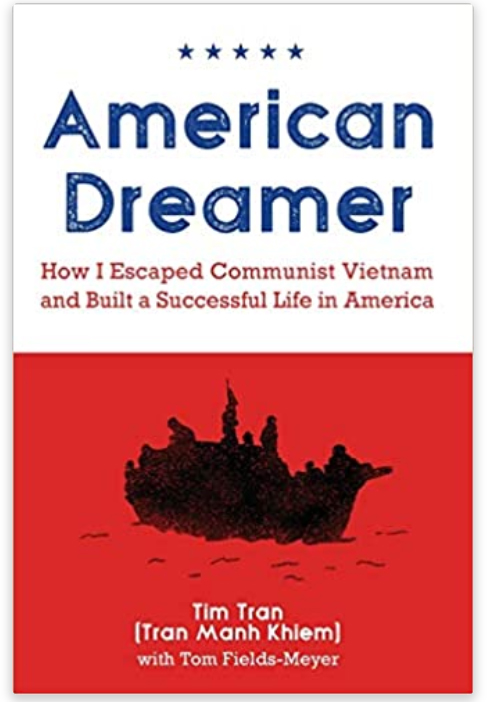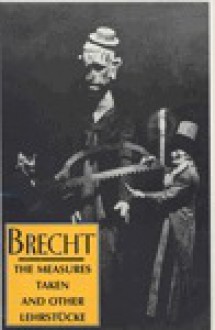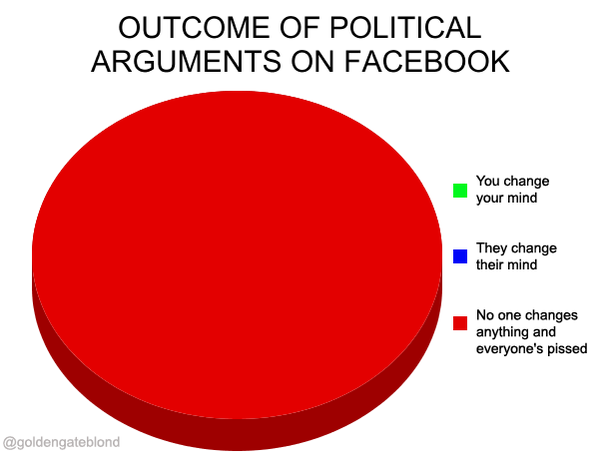
For those of us who have only known life in an affluent country with a stable, democratically elected government, it’s hard to imagine the danger and drama of regime change in other parts of the world. Everything you believed in and all you’ve worked so hard to attain, can abruptly become a liability, and the peace and security of your loved ones suddenly put at risk.
This is the fate that befell so many South Vietnamese the day after the fall of Saigon in 1975, which marked the end of the Vietnam War with victory for the communist North Vietnamese forces.
One such person was Tim Tran, who relates his experience in the memoir, American Dreamer: How I Escaped Communist Vietnam and Built a Successful Life in America by Tim Tran with Tom Fields-Meyer.
To make that historical event even more personal and painful, Tran, a native-born Vietnamese, had experienced life in America on a scholarship and attained a degree in business from the University of California, Berkeley. He’d only returned to South Vietnam less than a year before the country fell to the communists.
In American Dreamer, Tran describes his childhood in a loving family that thrived through hard work, determination and amazing resourcefulness that emerges out of necessity. And how his father provided the motivation and the training for him to succeed academically.
Chapters about his immersion into American culture during his university years are a testament to his outgoing personality and the gracious, friendly, and helpful reception he received from almost all the Americans he interacted with.
Accounts of navigating day-to-day living in a totalitarian regime, harrowing experiences trying to arrange an escape from Vietnam, life-threatening confrontations as boat person beset by pirates, and volunteering with agencies while in a refugee camp are gripping and told with candour and humility.
Once back in America, career success is achieved with a combination of effort, excellence, enthusiasm, and integrity The author just doesn’t abide in America, he embraces it, holds it to his heart, then magnanimously gives back by creating an endowment that will for many years support the library operations at Pacific University. In these pages, Tran also pays tribute to all those who have supported him in fulfilling this dream.
Entertaining and inspiring, American Dreamer, attests to the fact the American dream is still alive for those determined enough to pursue it. And furthermore, there’s no need to make America great again, for people like Tran, it still is and always has been.

 Log in with Facebook
Log in with Facebook 










